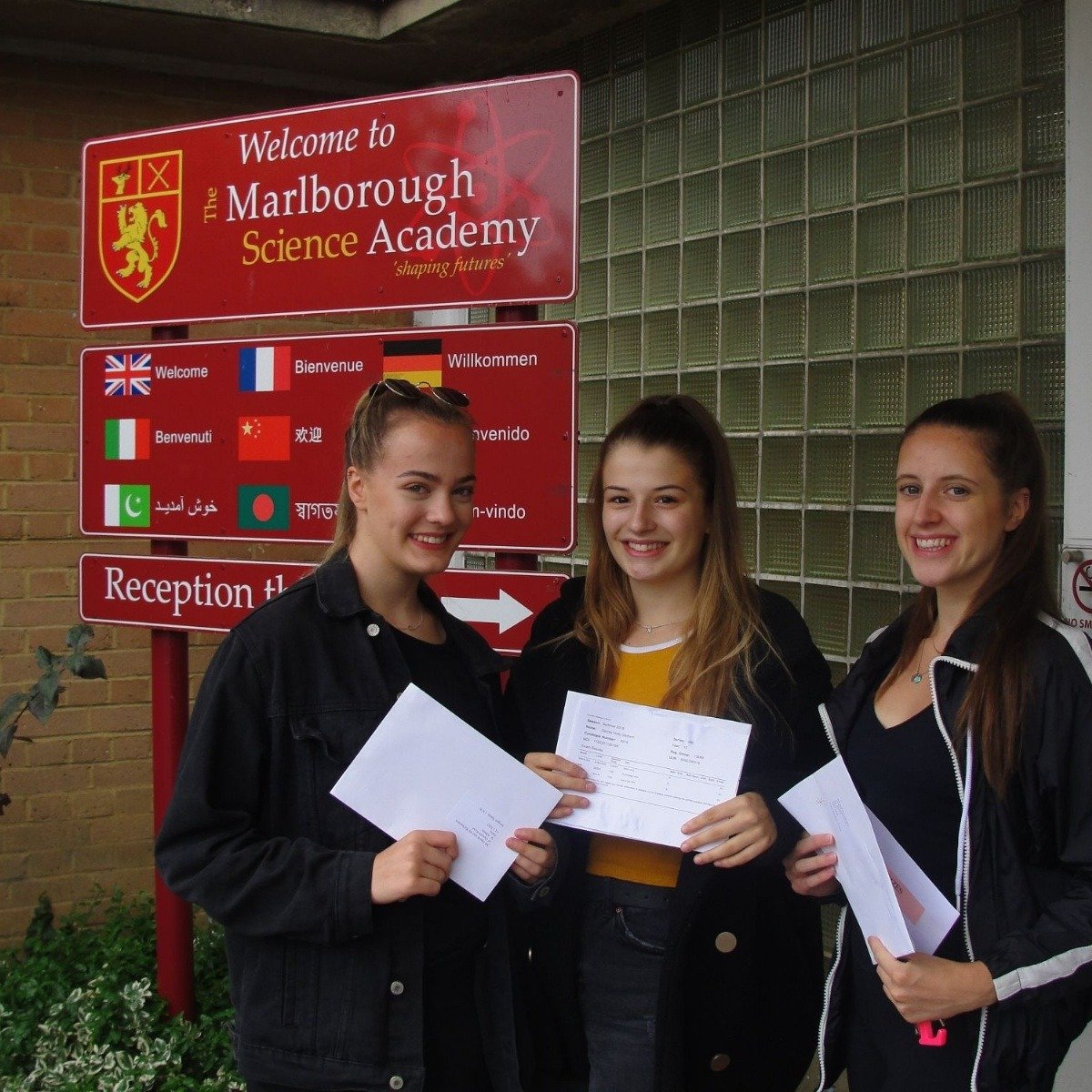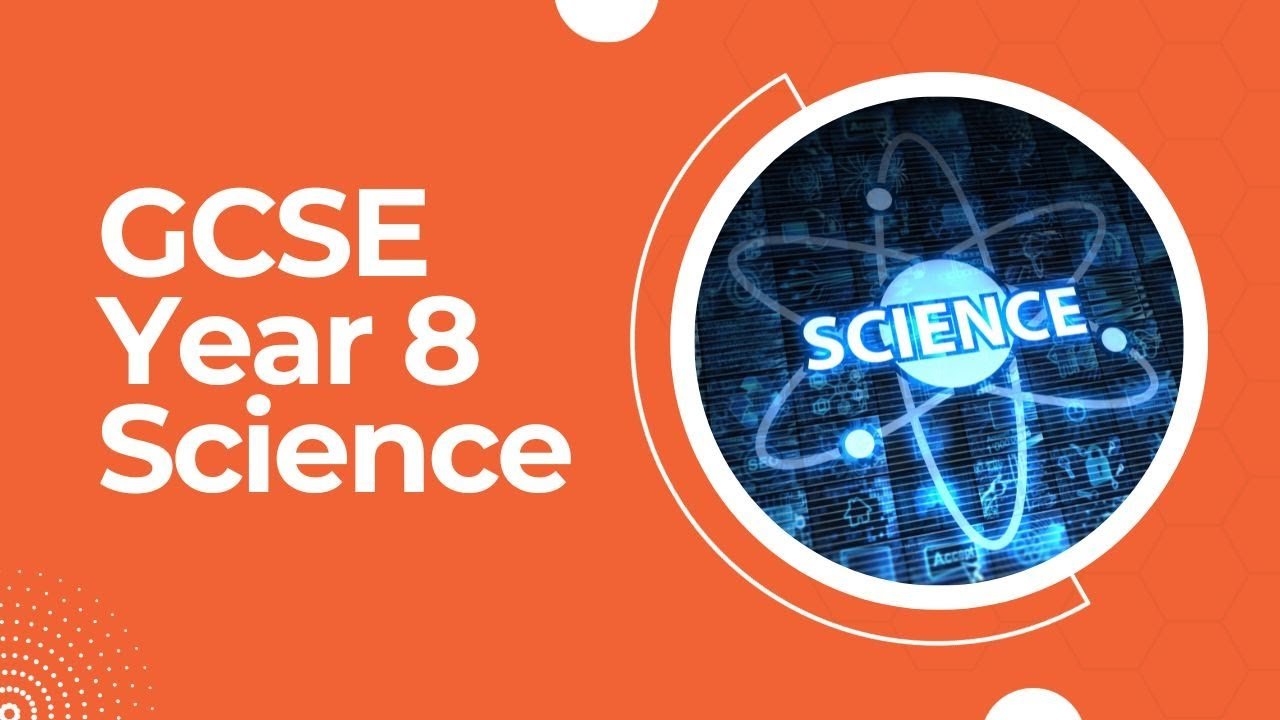What unequivocally is the “National Curriculum Science”? It’s the groundwork of science preparing in many schools, giving a coordinated design to showing legitimate thoughts since from the beginning. The Public Instructive program Science means to cultivate serious areas of strength for an of coherent data, definitive thinking, and interest among students.
Understanding this instructive arrangement’s importance is basic. It ensures that each youngster, regardless of what their experience, gets a broad science preparing that sets them up for future learning and everyday presence.
Overview of National Curriculum Science
Key Stages Overview
The Public Instructive arrangement for Science is isolated into key stages, each zeroing in on unambiguous age social events and educational accomplishments:
- Key Stage 1 (KS1): Ages 5-7 (Years 1-2)
- Key Stage 2 (KS2): Ages 7-11 (Years 3-6)
Goals and Objectives
The fundamental targets of the Public Instructive program Science include:
- Making consistent data and determined understanding.
- Empowering understanding of the nature, cycles, and techniques for science.
- Equipping students with the coherent capacities expected to sort out the reasons and repercussions of science today and later on.
National Curriculum Science KS1
Introduction to KS1 Science
In KS1 Public Instructive arrangement Science, kids start their outing into the universe of science. This stage bases on supporting their advantage and introducing key sensible thoughts.
Core Topics Covered in KS1
Animals, Including Humans
- Recognizing and naming ordinary animals
- Getting a handle on the human body and resources
Plants
- Recognizing ordinary plants
- Sorting out the fundamental plan of plants
Normal Materials
- Perceiving different materials
- Getting a handle on their properties and uses
Periodic Changes
- Seeing and depicting weather patterns changes
- Understanding what seasons mean for the environment
Public Instructive arrangement Science KS2
Introduction to KS2 Science
KS2 Public Instructive arrangement Science develops the foundations laid in KS1, introducing more marvelous thoughts and engaging a more significant perception of legitimate guidelines.
Core Topics Covered in KS2
Living Things and Their Habitats
- Portraying living things
- Getting a handle on organic frameworks and regular environmental elements
Plants
- Photosynthesis
- Plant increase
Animals, Including Individuals
- Human existence structures
- Sustenance and prosperity
Rocks
- Kinds of rocks and their turn of events
- The stone cycle
Light
- Properties of light
- Reflection and refraction
Powers and Magnets
- Kinds of abilities
- Appealing properties
Domains of Issue
- Solids, liquids, and gases
- Changes of state
Sound
- Properties of sound
- How sound endeavors
Power
- Key electrical circuits
- Guides and encasings
Earth and Space
- The close by planet bunch
- Earth’s unrest and circle
Teaching Methods in National Curriculum Science
Hands-On Experiments
Associating with students through elaborate tests is indispensable. This approach helps them with seeing science, in actuality, and appreciate thoughts better.
Inquiry-Based Learning
Engaging students to explain a few things and examination answers develops a more significant understanding and love for science.
Integration with Other Subjects
Interfacing science with subjects like math and topography offers an extensive development chance, making science seriously captivating and intriguing.
Assessment in National Curriculum Science
Formative Assessment
Persistent assessments help with following student progress and recognize areas requiring improvement.
Summative Assessment
End-of-term tests evaluate students’ perception and upkeep of the material.
Importance of Continuous Assessment
Standard evaluation ensures consistent learning and helps in quickly tending to learning openings.
Challenges and Solutions in Teaching National Curriculum Science
Common Challenges
- Confined resources
- Different learning paces
- Keeping students secured
Effective Solutions
- Utilizing on the web resources and informational gadgets
- Isolating direction to take exceptional consideration of various learning styles
- Merging wise and tomfoolery works out
Importance of National Curriculum Science Year 1
Foundation of Scientific Knowledge
Year 1 is fundamental as it lays the reason for future legitimate learning. Adolescents cultivate essential thoughts that will be created in later years.
Engagement and Curiosity
Empowering a warmth for science at every turn keeps students curious and associated with, clearing a path for well established learning.
Importance of National Curriculum Science Year 2
Building on Previous Knowledge
Year 2 develops the fundamentals learned in Year 1, introducing fairly additional bewildering considerations and thoughts.
Introduction to More Complex Concepts
Kids start getting a handle on associations and cycles, setting them up for the more point by point gather in KS2.
Role of Teachers in National Curriculum Science
Facilitating Learning
Teachers guide students through the instructive experience, offering assistance and resources.
Encouraging Curiosity
By developing an investigating viewpoint, instructors help students with turning out to be free understudies.
Assessing Progress
Standard assessments by teachers ensure students are looking great and help in changing appearance strategies dependent upon the situation.
Involving Parents in National Curriculum Science
Encouraging Science at Home
Watchmen can support their young person’s benefit in science by participating in fundamental examinations and nature practices at home.
Supporting School Activities
Support in school science activities and adventures overhauls learning and shows kids that science is regarded.
Resources for National Curriculum Science
Books and Publications
Different books take unique consideration of different age social occasions and focuses, giving significant information and activities.
Online Resources
Locales and informational stages offer natural models, accounts, and examinations.
Educational Tools and Kits
Science packs and contraptions offer included chances for development, making science tomfoolery and securing.
Comparing National Curriculum Science Across Key Stages
Differences Between KS1 and KS2
- KS1 revolves around fundamental thoughts and observational capacities.
- KS2 plunges into extra baffling considerations and unmistakable examinations.
Progression of Topics
As students progress, they develop past data, gradually dealing with extra troublesome places.
Future of National Curriculum Science
Evolving Curriculum
The instructive program creates to incorporate new legitimate disclosures and informational techniques.
Integration of Technology
Development expects a rising part, giving better ways to deal with research and sort out consistent thoughts.
Conclusion
In frame, the Public Instructive arrangement Science is major for cultivating a generous coherent foundation in students. By covering a considerable number subjects and using different appearance procedures, it ensures that students are all set for future consistent endeavors. Attracting students very quickly and relentlessly looking over their headway are crucial to their result in science.
FAQs
What is the National Curriculum Science?
It’s a coordinated design for showing science in schools, significance to cultivate sensible data and capacities in students.
How does the National Curriculum Science benefit students?
It gives a broad science tutoring, empowering interest, conclusive thinking, and a solid data base.
What are the core topics in KS2 National Curriculum Science?
Topics consolidate living things, plants, animals, rocks, light, powers, states of issue, sound, power, and space.
How can parents support their child’s learning in National Curriculum Science?
Watchmen can partake in science practices at home, support school adventures, and use enlightening resources for engage learning.
What resources are available for National Curriculum Science?
Resources integrate books, online stages, informative gadgets, and science units.




